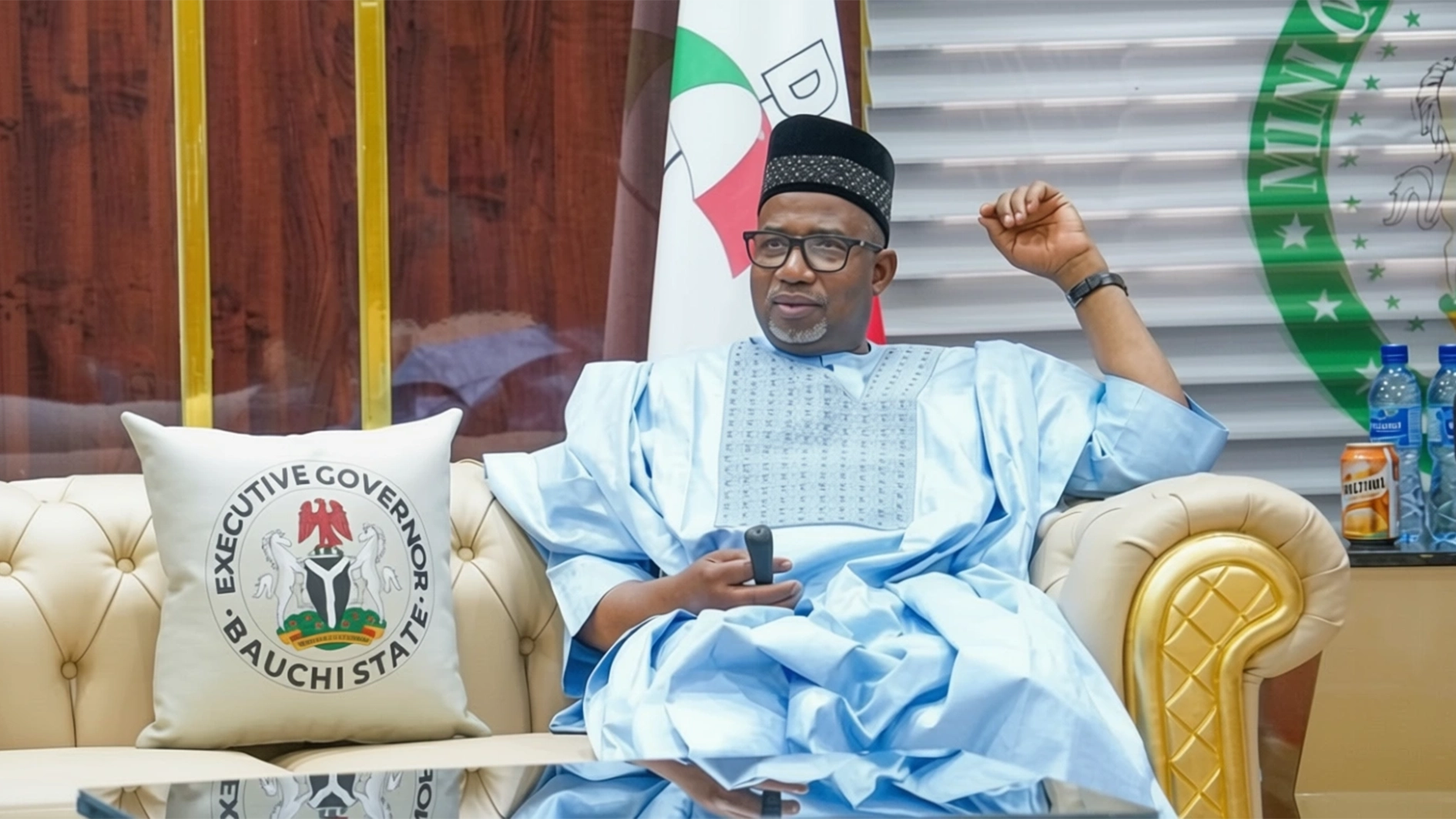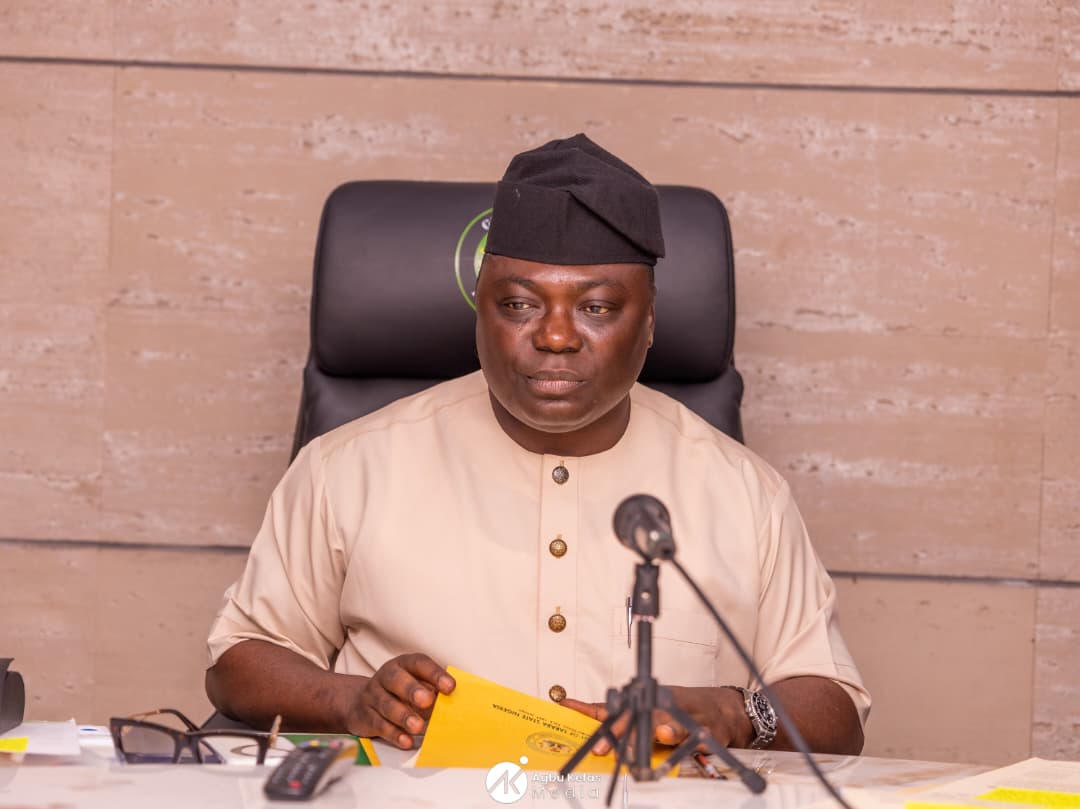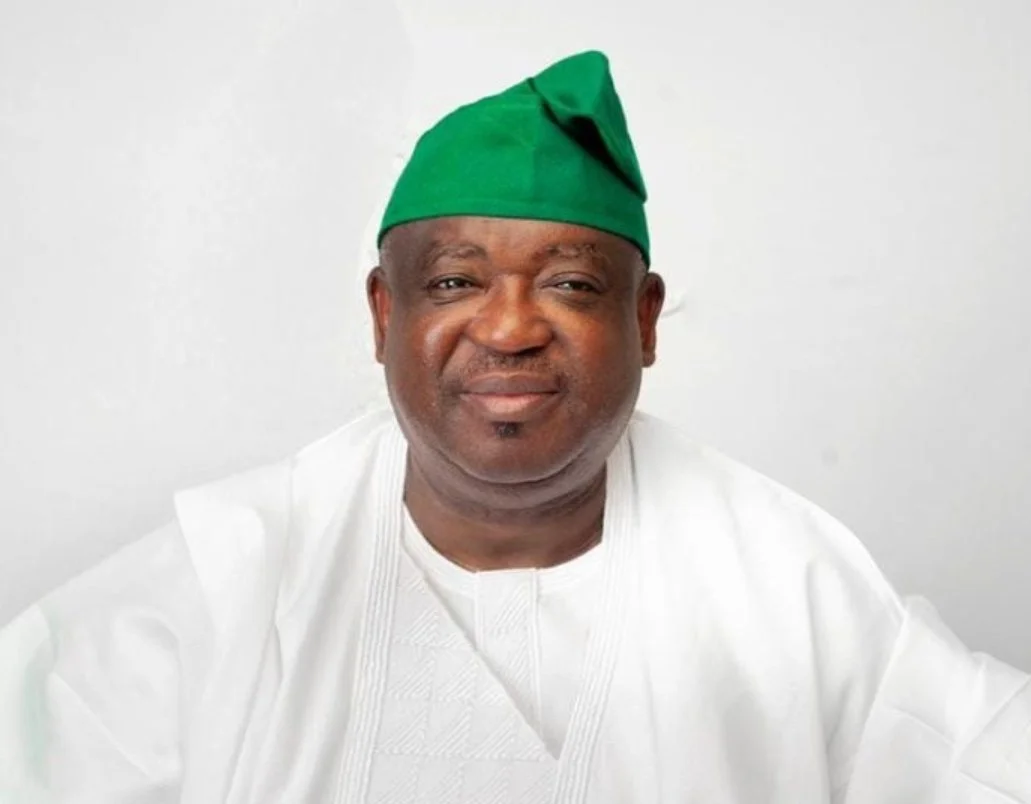
Although there was no provision for online votes like Big Brother Naija whereby a winner would have emerged by now, the reality is that not all those who followed the televised conversation, moderated by Ms Kadaria Ahmed registered as voters with the Independent National Electoral Commission (INEC).
Moreover, most of those who would form the bulk of voters, whose ballot would determine the winner of the election, do not own television sets. And even if they own one, they may have been distracted by AfricaMagic, Zee World or prevented by blackout to consume the media content.
However, despite those obvious shortcomings, ‘The Candidates’ helped Nigerians to see the faces of some of the possible options for the country’s presidency from May 29, 2019 if the election holds without chance occurrence.
In the case of the incumbent, Nigerians saw how the covering was smaller than the container. President Muhammadu Buhari and Prof. Yemi Osinbajo gave the impression of a family where the wife was more knowledgeable and savvy than the husband. It was a case of bottom heaviness top light; in fact, a one-man team.
Whatever consideration informed the organisers’ decision to place the standard bearers of Peoples Democratic Party (PDP), Alhaji Atiku Abubakar and Mr. Peter Obi, on the final slot of the programme, it came out as a possible make over of the Abubakar’s absence at a similar event organized by Nigeria Election Debate Group (NEDG).
Atiku and Obi, despite the heat in their presentation and altercation with the moderator, provided a balanced pair, capable of complementing each other in mandate delivery.
Although they were not invited, it is not surprising that the candidates of Allied Congress Party of Nigeria (ACPN), Mrs. Obiageli Katryn Ezekwesili and her running mate, Alhaji Ganiu Galadima, have since entered into divorce proceedings, their “marriage” have been a mismatch founded in desperate circumstances.
Online publisher, Omoyele Sowore and his running mate, Rabiu Ahmed Rufai, featured in the programme as candidates of African Action Congress Party.
Sowore deployed his student activism style, leaving gaps as to how his presidency could keep Nigeria under the rule of law without the threat of rascally revolution.
Professor Kingsley Moghalu of Young Progressive Party (YPP) emerged as the unique discovery of the 2019 presidential election.
Alongside his running mate, Mrs. Umma Getso, the YPP ticket showed a blend of passion and youthful zeal that would make a difference.
It is instructive that Getso was selected as presidential running mate from Kano, because that means a lot for the cause of girl-child education and gender mainstreaming in policy formulation and implementation.
Regardless of whatever low points observers might ascribe to the programme, ‘The Candidates’ helped to provide the Nigeria electorate a glimpse of what the presidential teams had to offer, even though it was a one-off exercise.
Kongi’s after course
IT is possible that proceeds from ‘The Candidates’ inspired the Nobel laureate, Prof. Wole Soyinka, to do a passing intervention on the processes leading to the 2019 presidential election.
In fact to some extent, calculations of the February 16 presidential election was disrupted when Prof. Soyinka declared his aversion to the candidates of the two major political parties, APC and PDP.
Soyinka’s position was remarkable and at variance with his recommendations to Nigerians at the build up to the 2015 election, that being a born-again democrat, President Buhari of APC was preferable to the then incumbent President Goodluck Jonathan.
But, while he was speaking at Freedom Park, Lagos, former President Olusegun Obasanjo, who once criticized the Nobel laureate for holding Cathedral opinion on virtually every issue, was in Abuja pledging his support for the PDP standard bearer, Alhaji Abubakar.
Soyinka’s ire against the two big parties might not be unconnected to prevailing socio-economic circumstances in the country under the same APC administration he had earlier endorsed and Obasanjo’s absolution for his former number-two man and PDP.
Ever since Atiku Abubakar emerged as PDP’s presidential candidate of PDP, his opponents in APC have continued to feast on spurious allegation of corruption against him, not minding that, as he noted that he has never been convicted of corrupt offences.
The general impression in the polity is that the contest is between President Buhari and the former Vice President, Alhaji Atiku Abubakar, given their political platforms and financial capacities.
While dismissing the common belief that a vote for any other party amounts to a wasted vote, but Soyinka declared: “I don’t believe in what is called negative vote, which means, for me, throwing your vote in a waste basket. I believe instead in a creative vote, not a protest vote, not a negative vote, but a creative vote.
“And a creative vote means that the will to at least sow a seed through your vote that will germinate eventually. The pace of germination is beyond the control of everyone, but it is never too early to make a beginning.”
Going by Soyinka’s postulations, the journey for a new leadership direction should begin now, since he insists the time is now for Nigerians to disengage themselves from the old and discredited order, that Buhari and Atiku represent.
He stated: “There are things going on in the background and there is need to change the direction of this nation in a positive way, and to make the public understand that they do not have to be enslaved permanently with the old discredited order.”
Although the Nobel Laureate had been a recent vocal critic of Buhari’s administration, many had expected him to prefer the APC regime to PDP’s planned return to power until last week, especially given that his sparring partner, former President Obasanjo had pledged his support for Atiku and PDP.
But insisting that the country had not faired better under the two parties, Soyinka’s vote for a new breed comes out as his effort to escape the pang of guilt for supporting Buhari, but reluctance to align with PDP.
[ad unit=2]






